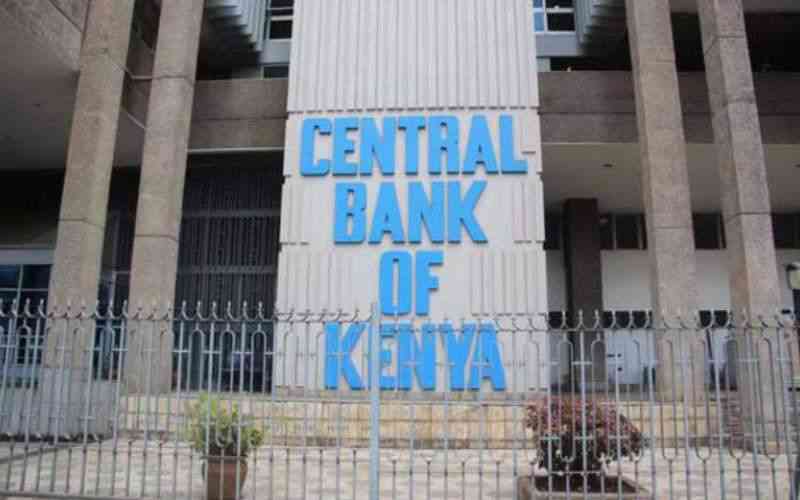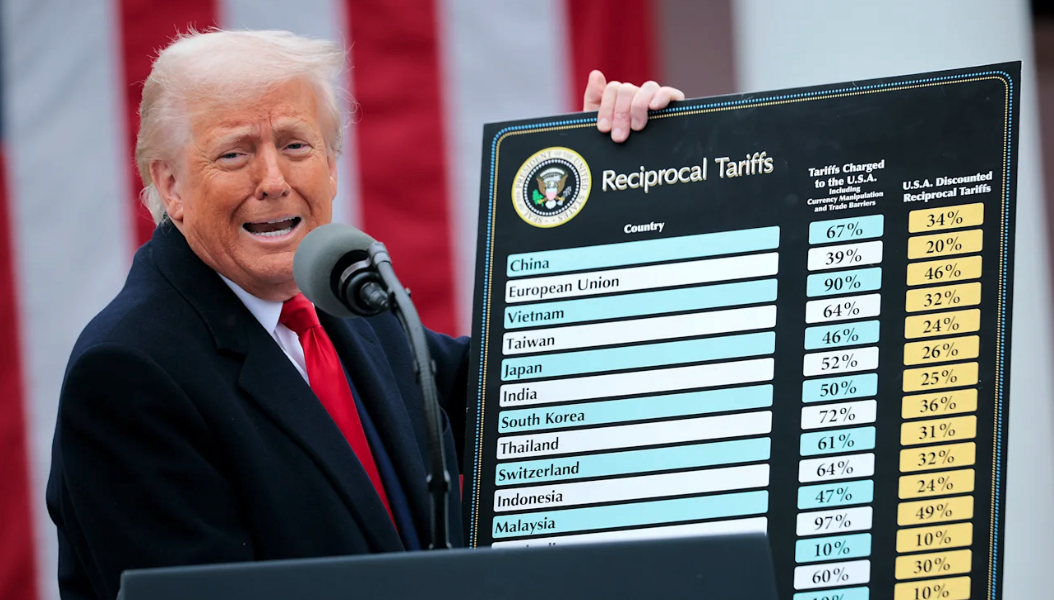Climate Change Dominates G20 Sherpa Meeting on Global Challenges

The third Sherpa meeting of South Africa’s Group of 20 (G20) Presidency, held at the Sun City Resort, has placed critical global challenges at the forefront of its agenda, with a strong emphasis on climate resilience, the Just Energy Transition (JET), and sustainable development. South Africa’s G20 Sous Sherpa, Xolisa Mabhongo, who also serves as the Deputy Director-General of Global Governance and the Continental Agenda at the Department of International Relations and Cooperation, highlighted the urgency of these discussions, particularly for developing nations facing escalating environmental threats.
Mabhongo underscored the immediate relevance of the G20's climate discussions by citing recent national experiences, such as the devastating floods in the Eastern Cape, where the death toll in Mthatha reached 101, and ongoing concerns in KwaZulu-Natal. He stressed that these events vividly illustrate the severe climate vulnerabilities of developing countries, which often lack the ready capacity and sufficient resources to deal with such disasters. The talks signalled a growing recognition that climate change is no longer a distant threat but a present reality, requiring a fundamental reimagining of global economic and environmental policies.
A key pillar of South Africa’s comprehensive strategy is the Just Energy Transition, reflecting a nuanced approach that seeks to balance environmental protection with economic development. This strategy aims to create sustainable pathways for countries in the Global South to address climate challenges while maintaining economic growth. The discussions also focused on the disproportionate impact of climate change on developing nations, with G20 members, representing 85% of global Gross Domestic Product (GDP), urged to provide meaningful support to the most vulnerable regions.
Beyond environmental concerns, critical minerals have emerged as a significant focal point. Mabhongo advocated for a transformative approach to resource extraction, asserting the goal to move beyond the traditional model of exporting raw materials. The aim is to ensure African countries can benefit more substantially from minerals crucial for green energy transitions, particularly those vital for electric vehicles and renewable technologies, by encouraging beneficiation and manufacturing on the continent.
The Sherpa meeting also addressed broader global issues, including the urgency of achieving the Sustainable Development Goals (SDGs) by the 2030 deadline. Mabhongo expressed concern over the remaining five years, emphasizing the G20’s responsibility to accelerate progress given its significant global economic influence. Furthermore, participants discussed complex geopolitical issues, including conflicts in the Democratic Republic of Congo, Gaza, and Ukraine. The approach focused on principles of achieving "just peace" rather than delving into specific conflict details, signifying a commitment to diplomatic resolution and stability.
South Africa’s Presidency is also committed to ensuring continuity within the G20 agenda, building upon the legacies of previous presidencies from Indonesia, India, and Brazil. This includes initiatives such as the Global Alliance Against Hunger and Poverty from Brazil, with a task force on food security being established to focus on both regional and global levels. Despite the noted absence of the United States, officials expressed openness to continued engagement, underscoring the collective commitment to the G20 agenda and advancing Global South priorities.
You may also like...
Changing Cultures: How Africa Sips It's Alcohol

Discover which countries sip the most alcohol in Africa, and the health impacts this could have on the long run.
SEC Confirms Ripple's Victory: Legal Battle Concludes as Fundraising Greenlit!

The U.S. Securities and Exchange Commission has concluded its lengthy legal battle with Ripple, issuing a critical waive...
Legal Firestorm: South Korean Ex-President's Wife Targeted in High-Stakes Arrest Warrant

South Korean investigators have secured an arrest warrant for Kim Keon Hee, the wife of jailed former President Yoon Suk...
ASEAN-Brokered Breakthrough: Thailand & Cambodia Edge Closer to Historic Border Deal

Thailand and Cambodia engaged in high-level talks in Malaysia, initiated by ASEAN, to address escalating border tensions...
Kenya's Central Bank Slashes Key Rate to 9.5%: Economic Impact Looms

Kenya's Central Bank has lowered its benchmark rate to 9.50 percent, continuing its policy to stimulate economic activit...
Is Humanity Trading Connection for AI Comfort? A Deep Dive

As individuals increasingly turn to AI for emotional support, questions arise about the erosion of human connection. Thi...
Local Tragedy: Hotel Under Construction Collapses in Edo, Claims Owner's Life

A hotel under construction in Uromi, Benin City, collapsed, tragically killing its owner, Andrew Isesere. Eyewitnesses a...
Naked Gun Remake Delivers Laughs, Neeson & Anderson's Chemistry Wows!

This season's film releases offer a diverse lineup, highlighted by the highly successful "The Naked Gun" remake, starrin...
(29).jpeg)



